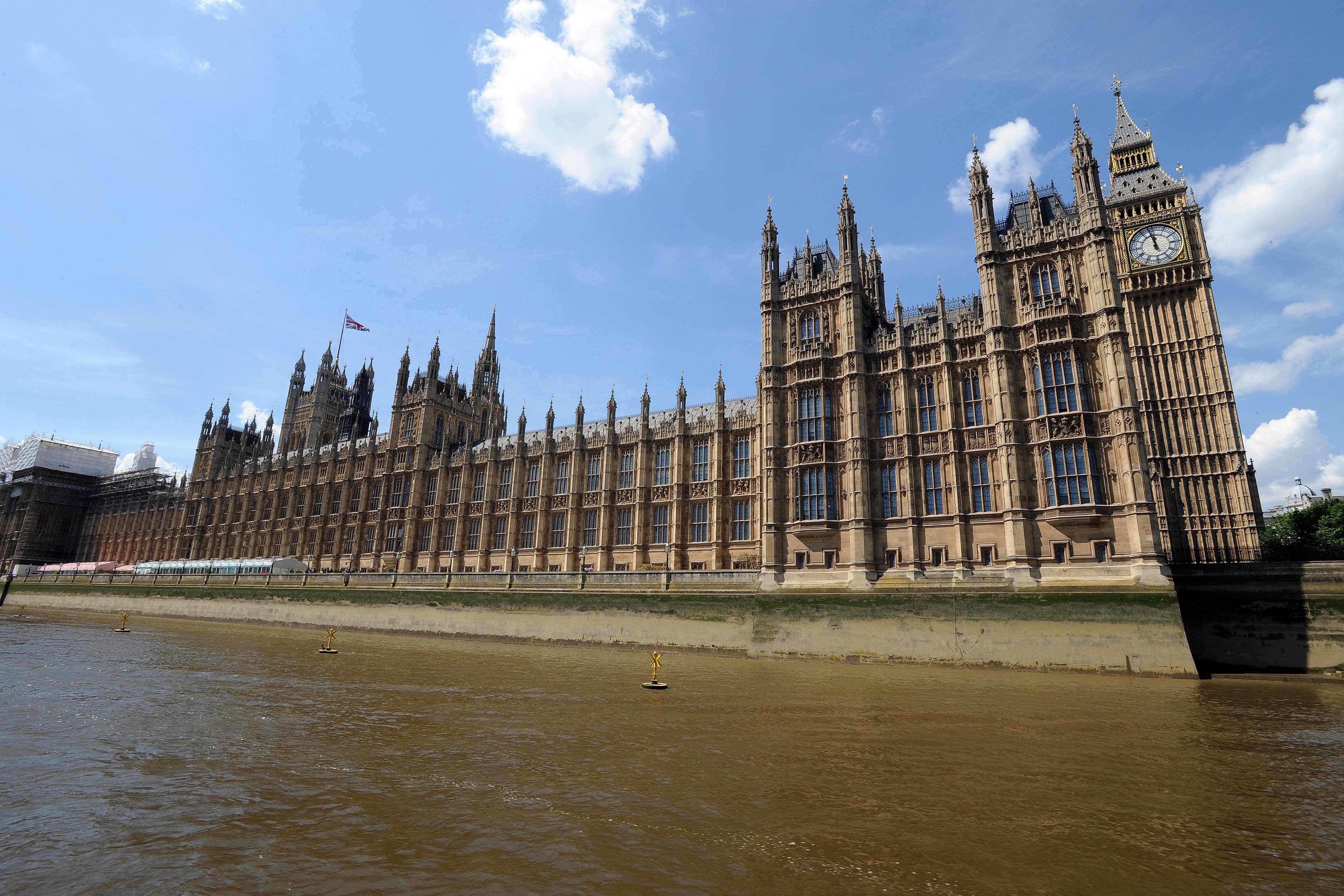Calls to remove bishops from House of Lords as MPs support upper chamber reforms
The House of Lords (Hereditary Peers) Bill cleared its first Commons hurdle on Tuesday evening.

The Government has been challenged to go further in reforming the House of Lords and remove the 26 Church of England bishops from the upper chamber.
MPs offered their backing to legislation to sweep away the remaining hereditary peers in what the Government describes as the “first step” of Lords reform.
Abolishing the 92 seats reserved for peers who are there by right of birth was one of Labour’s manifesto commitments, and is expected to be followed by the imposition of a retirement age of 80 on members of the Lords at a later date.
The Government has yet to outline a timeline on further changes, including its long-term ambition for an “alternative second chamber that is more representative of the regions and nations”.
There is an unfairness, there is an injustice that so many people of so many faiths, and so many people of no faith at all, see that there are 26 bishops (in the House of Lords)
But some Conservative MPs used the House of Lords (Hereditary Peers) Bill second reading debate to question the seats held by the Archbishop of Canterbury, the Most Rev Justin Welby, and his colleagues.
Former minister Sir Gavin Williamson said he intends to table an amendment as the Bill allows for a “slightly more radical step forward”.
He added it is “fundamentally wrong” that his children, who are Catholics, have “no form of representation” in the Lords.
Sir Gavin told the Commons: “There’s a big opportunity here. There is an unfairness, there is an injustice that so many people of so many faiths, and so many people of no faith at all, see that there are 26 bishops (in the House of Lords).
“They are not reflective of the United Kingdom and not reflective of what this country looks like today and yet they are still there.
“So I will, if the Government is not willing to table an amendment, table an amendment to remove those 26 bishops from (the House of Lords).”
Conservative former minister Sir Edward Leigh earlier said: “Why is it that the Church of England has a monopoly of places in the House of Lords?
“I’m all in favour of the established church and letting them have perhaps 12 bishops, why can’t we share out the other places between other Christian denominations and other non-Christian faiths in this country? Don’t they deserve a voice?”
Cabinet Office minister Nick Thomas-Symonds replied to the Gainsborough MP: “I’m certainly in favour of the representations of different faiths in the upper House, but I would just say to (Sir Edward) that the way the Government set out its position in its manifesto was on a step-by-step process.”
Conservative former minister Andrew Murrison also said: “It looks like we are in danger of having bishops, who instead of focusing their efforts on the cure of souls, are indeed more like… politicians, which can’t be good for any of us.”
The South West Wiltshire MP added that the Government should be “trying to expand the membership amongst the clergy to include other denominations, but if that proves impossible for reasons that are pretty clear, removing them entirely”.
Mr Thomas-Symonds replied: “The church itself has said they recognise the need for reform in terms of size of the House of Lords.”
SNP MP Pete Wishart compared peers to the Baratheons and Targaryens from Game Of Thrones, and described the House of Lords as a “red leather-upholstered, gold-plated Narnia”.
He told MPs: “The first thing you’ve got to try and not do when you consider this Bill is to try not to laugh. Not to laugh out loud at the sheer ridiculousness of considering, in 2024, whether places should be reserved in our legislature for a curious subset of a particular class of person based on birthright.
“This is parliamentary participation defined by the Game Of Thrones principle, where the great houses of olde England or olde Britannia knock seven shades of whatever out of each other for the right to run this country by breeding.”
Shadow deputy prime minister Sir Oliver Dowden said the Government’s decision to end the automatic right of hereditary peers to sit in the Lords is “change for change’s sake”, motivated by “optics”.
Cabinet Office minister Ellie Reeves, responding to concerns on whether the Lords reforms will question the future of the British monarchy, said: “The royal family and the monarchy are one of our country’s greatest assets.”
She added: “This reform does not affect the role of the sovereign.”
Ms Reeves said the Government would “take time” to consider how best to implement other manifesto commitments, adding: “We will engage with peers and the public where appropriate over the course of this Parliament and will update the House in due course.”
A Conservative amendment designed to block the Bill at second reading was rejected by 453 votes to 105, majority 348.
The Bill was later given a second reading and will undergo further scrutiny at a later stage.
Bookmark popover
Removed from bookmarks